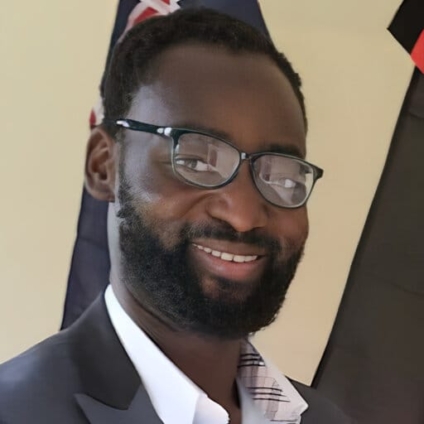On May 25, 1963, 32 African countries signed the Charter of the Organisation of Africa Unity (OAU), now the Africa Union, in Addis Ababa.
This was a collective African commitment to ending the colonialism initiated in the ‘first scramble’ for Africa.
While the OAU charter was being signed, Africa was experiencing a 'second scramble' during the Cold War, making it a ground for a hot ideological battle between the United States and the Soviet Union.
Today, it is said that there is a 'third scramble' involving emerging powers, most notably China, and other powers from the Eastern and Western sides of world politics.
Russia has returned to Africa, and China has dramatically arrived. China's need for raw materials to support its industrial growth drives its involvement. It is investing billions in infrastructure projects, mining, and military bases across the continent.
Africa’s traditional partners, like the US, UK, and France, continue to seek access to Africa's resources through trade agreements, development aid, private sector investments, and counterterrorism.
Anyone who studies the global distribution of resources would understand why all these countries want a bite of Africa and its countries.
Yet, this third scramble is equally dangerous. It is clothed in political handshakes and backed by laws and agreements that are neither equal nor universal.
Those who claim to offer better alternative deals appear to be giving dangerous dashes and mixed signals to the continent.
While several questions about the third scramble remain unanswered, they should not be difficult to address.
African countries must internalise that foreign countries are not in Africa to help Africa. Even in 'win-win' agreements, foreign countries expect their win to come first.
Secondly, since some form of global development partnership is inevitable, African countries must return to Dr Kwame Nkrumah, the first president of Ghana, who said during the Cold War that "We face neither East nor West; we face forward."
The sole interest of Africa should be the needs of its citizens. Foreign countries come with their interests; African countries must define theirs.
In 2024, several African countries, including Nkrumah’s Ghana, are going to the polls. African citizens must pressure their leaders to articulate their position on this 'third scramble' in the campaigns for their votes.
Given the East-West 'Cold War' and instability in its immediate neighbourhood, Ghanaian politicians should articulate a policy that clarifies their position regarding foreign interests in the country and the sub-region.
Ghana can leverage its abundant geopolitical capital as a relatively stable democracy with abundant resources for sustainable development.
In any case, where does the country stand? In an election year, Ghanaians, as do other Africans, deserve to know the foreign policy posture of their government and leaders.
Muhammad Dan Suleiman is an Assistant Professor of International Relations at King Fahd University (KFUPM), Saudi Arabia, and a research associate at Curtin University, Australia. He taught International Relations and Political Science at the School of Social Sciences at the University of Western Australia between 2017 and 2021 and served as a lecturer and research associate at Curtin before joining KFUPM in January 2024. Muhammad’s work on African politics, security and jihadist conflicts in West Africa has been published in African Security, Terrorism and Political Violence, Critical Studies on Terrorism, and Peace and Conflict Studies. He has produced expert analyses on West Africa for organisations such as the International Centre for Dialogue Initiatives, Foreign Brief, the Australian Institute of International Affairs, and the Australian Strategic Policy Institute; and he has provided media commentaries on security in West Africa. He has PhD in International Relations from the University of Western Australia, and is a fellow of OHCHR United Nations Program for People of African Descent.
Latest Stories
-
Court remands man over police death threat video
15 minutes -
Trader refunds GH¢230,000 in mistaken bank transfer case
26 minutes -
Two jailed 15 years each for robbery in Kumasi
37 minutes -
Spiritual Society distances itself from Gblorkope Shrine murder, pledges full cooperation with police
47 minutes -
Man arrested for robbery at Millennium City
58 minutes -
Gisèle Pelicot given France’s highest award
1 hour -
French prisoner escapes in fellow inmate’s bag, officials say
1 hour -
Disappointment as Drake’s final Wireless show ends after 40 minutes
1 hour -
EU delays retaliatory trade tariffs against US
2 hours -
EU flags Algeria and others as high-risk in new money laundering watchlist update
2 hours -
SA police minister suspended over organised crime allegations
2 hours -
Trump will be hosted by King at Windsor during second state visit
2 hours -
WAFCON 2024: ‘We have destiny in our hands’ – Black Queens boss Bjorkegren
5 hours -
CIHRM Ghana confers chartered status on 28 members, 170 associates
7 hours -
Government gross financing needs to remain elevated; debt service obligations are large – IMF warns
7 hours

